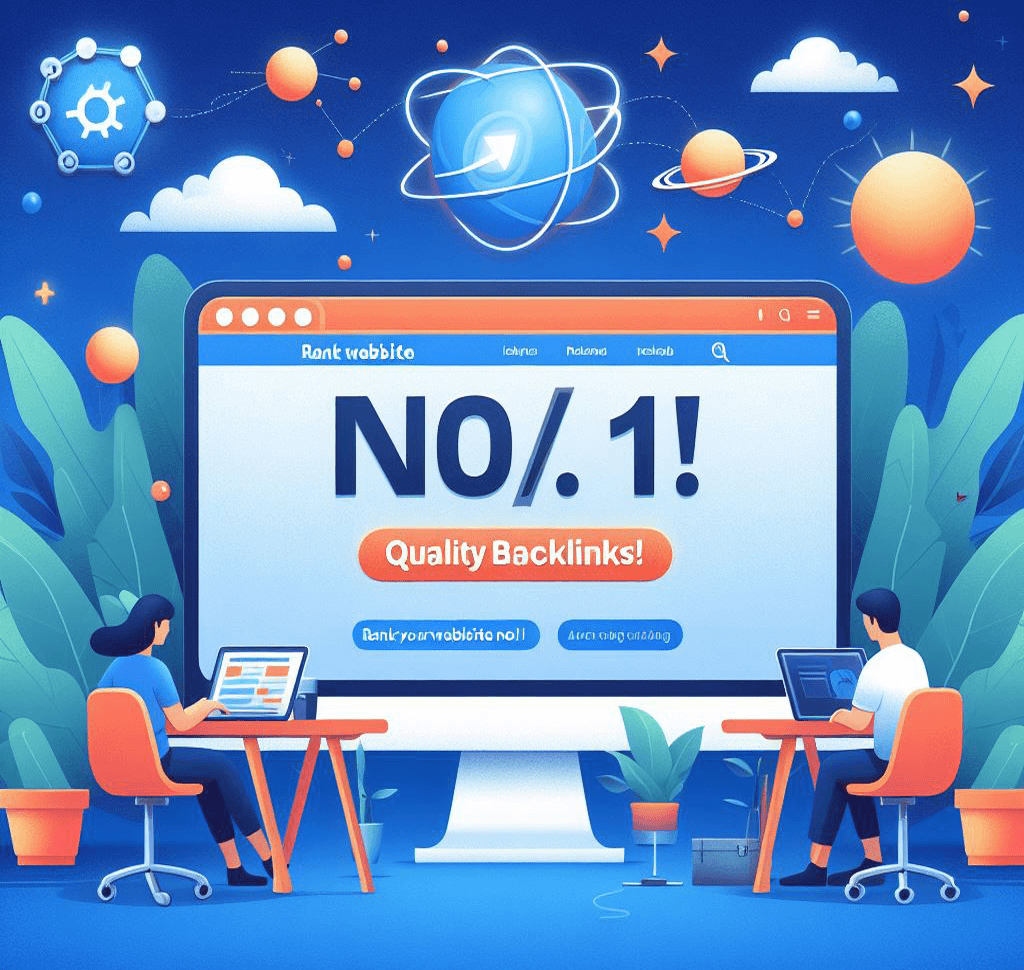5G technology has been making waves in recent years, promising faster speeds, lower latency, and a more connected world. While the benefits of 5G are often discussed in relation to consumer experiences, its impact on business operations cannot be overlooked. In this article, we will explore the various ways in which 5G technology is revolutionizing the way businesses operate.
1. Enhanced Connectivity
One of the most significant advantages of 5G technology is its ability to provide enhanced connectivity. With faster speeds and lower latency, businesses can now connect and communicate in real-time, regardless of their location. This opens up new possibilities for remote working, collaboration, and global operations.
For example, with 5G, businesses can leverage video conferencing and virtual collaboration tools to connect with clients and colleagues around the world seamlessly. This not only improves productivity but also reduces travel costs and carbon emissions.
2. Internet of Things (IoT) Integration
5G technology plays a crucial role in enabling the Internet of Things (IoT) to reach its full potential. With its high-speed and low-latency capabilities, 5G allows for a massive number of connected devices to communicate with each other in real-time.
This has significant implications for businesses that rely on IoT devices for their operations. For instance, in manufacturing, 5G enables the implementation of smart factories where machines, sensors, and other devices can communicate and coordinate seamlessly. This leads to increased efficiency, reduced downtime, and improved overall productivity.
3. Data Analytics and Automation
With the increased connectivity and speed provided by 5G, businesses can collect and analyze vast amounts of data in real-time. This allows for more accurate and timely decision-making, as well as the automation of various processes.
For example, in the retail industry, 5G enables real-time inventory tracking and analysis. This helps businesses optimize their supply chain management, reduce stockouts, and improve customer satisfaction. Additionally, 5G-powered automation can streamline repetitive tasks, freeing up employees to focus on more strategic and value-added activities.
4. Enhanced Customer Experience
5G technology has the potential to revolutionize the customer experience across various industries. With faster speeds and lower latency, businesses can deliver richer and more immersive experiences to their customers.
For instance, in the entertainment industry, 5G enables high-quality streaming of content, virtual reality experiences, and augmented reality applications. This opens up new revenue streams and opportunities for businesses to engage with their customers in innovative ways.
5. Cybersecurity and Reliability
As businesses become increasingly reliant on technology, cybersecurity and reliability become paramount. 5G technology offers enhanced security features, such as improved encryption and authentication protocols, to protect sensitive data and prevent cyber-attacks.
Furthermore, 5G networks are designed to be more reliable and resilient, ensuring minimal downtime and disruptions to business operations. This is particularly important for industries that require constant connectivity, such as healthcare, logistics, and finance.
Conclusion
5G technology is set to transform the way businesses operate, bringing enhanced connectivity, IoT integration, data analytics, improved customer experiences, and heightened cybersecurity. As 5G continues to roll out globally, businesses need to adapt and leverage its capabilities to stay competitive in the increasingly digital landscape.
By embracing the potential of 5G, businesses can unlock new opportunities, improve efficiency, and deliver better experiences to their customers. The impact of 5G on business operations is undeniable, and those who embrace it early will have a significant advantage in the evolving digital economy.



